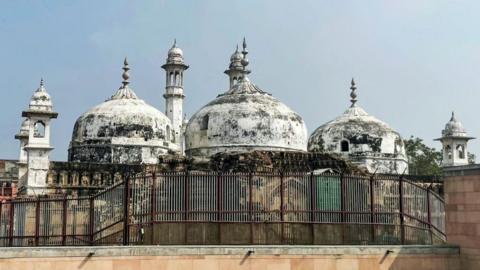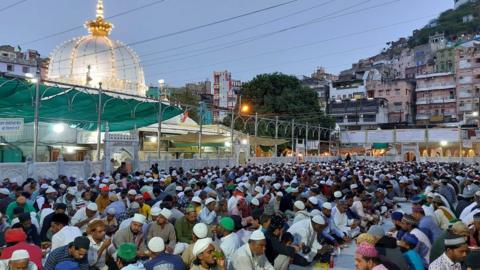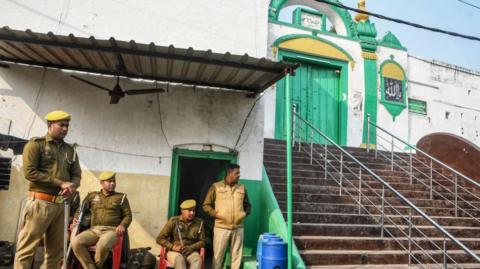India's top court is hearing a number of petitions challenging a decades-old law that preserves the character and identity of religious places as they existed at the time of the country's independence in 1947.
The law, introduced in 1991, prohibits converting or altering the character of any place of worship and prevents courts from entertaining disputes over its status, with the exception of the Babri Masjid case, which was explicitly exempted.
The Babri Masjid, a 16th-Century mosque, was at the heart of a long-standing dispute, culminating in its demolition by a Hindu mob in 1992. A court verdict in 2019 awarded the site to Hindus for the construction of a temple, reigniting debates over India's religious and secular fault lines.
The current petitions, including one from a member of Prime Minister Narendra Modi's Bharatiya Janata Party (BJP), argue that the 1991 law infringes on religious freedom and constitutional secularism.
The hearing comes against the backdrop of Hindu groups filing cases to challenge the status of many mosques, claiming they were built over demolished Hindu temples.
Many, including opposition leaders and Muslim groups, have defended the law, saying it is crucial to safeguard the places of worship of religious minorities in a Hindu-majority India. They also question the nature of historical evidence presented by the petitioners in support of their claims.
They say that if the law is struck down or diluted, it could open the floodgates for a slew of similar challenges and inflame religious tensions, especially between Hindus and Muslims.
On Thursday, the Supreme Court barred courts from registering fresh cases challenging the ownership of places of worship or ordering surveys to establish their character and identity until further notice. It is next set to hear the issue in February.


